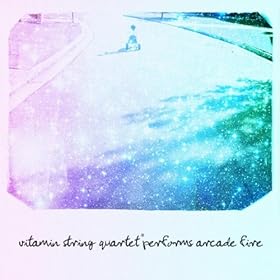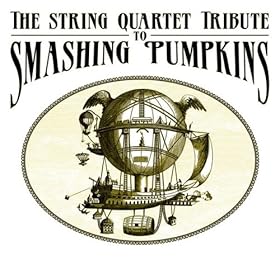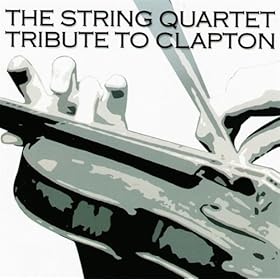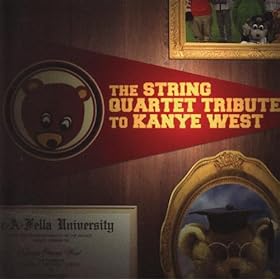
Not that it matters in today's political climate and economic crisis, but a few days ago, President Obama reiterated that
he thinks Kanye West is a jackass, this time on the record. But an important thing to note is that he was initially complimenting West on being “very talented,” an important nuance found in the way we all
develop our music tastes. I know there are millions of fans who would agree on the “very talented” part, he does sell records after all, yet I also have a feeling that a good chunk of those same fans would readily agree to the “jackass” comment as well.
The music is what matters most to many of us, personal conduct and compatible personalities be damned. I can enjoy the work of all sorts of people, even the occasional jackass, loudmouth, or jerk. It's the age old separation of art & artist, the mythical line between what someone does and who someone is. By now, we've all decided where that line stands. Every Twitter outburst, political statement, TMZ arrest and media controversy poses a question to every fan: Is this enough to ruin their music for me?
Speaking for myself, if I were to remove all the destabilizing elements from my music library, it would be cut in half. And that's just because the personal conduct of the other half is a big question mark. The truth is that everyone – whether they be
Eric Clapton or
The Arcade Fire or
Smashing Pumpkins – has been personally unlikeable at one point or another. It's a reminder that everyone has the potential to be the worst, and it's an exercise in accepting the complexity of human nature. No one is defined by a single (or even a couple) of acts, and everyone is unlikable to someone, somewhere. We learn to respect the line in order to hold onto our tastes and our enjoyment. We have an opinion on the art, and an opinion on the artist, and never the twain shall meet.
But some people really like to push it. Creative people can afford to be disasters. They're not policemen or politicians. It doesn't matter, really, if we're talking about music or comedy or film. Human nightmares are abounds everywhere, and some of them are even really talented. If your enjoyment is not tied to any personal fantasy about what a great buddy an artist would be, then in a coldly pragmatic way, it's illogical to cast off an creator for their personal conduct. It's illogical, but also very tempting, and purely human to do so.
Despite the presence of that specific angle of reasoning, it's important to know when to drop the line. At some point, in moments so outrageous, it's important as a social function to let people know that there are consequences to how they use their public influence and image. Few people get by on purely talent alone, and in worst case scenarios, society will let their public figures know when the weight of their skill is overpowered by the weight of their unlikeability. It's important as a watchdog functionality to reward goodness and punish badness.
Of course, things get even hairier when we're talking about separations within art itself – “I like this voice, or this beat, or this production, but boy do I hate the very idea of this song.” We saw a lot of this reconciling in the blogosphere last year when everyone tried to rationalize their personal politics with their fandom of the shock-jock style antics of Odd Future. It takes some mental agility, but it's not impossible, and certainly not uncommon. But it presents an even tougher, more nuanced approach to where to place the line: how do you articulate that you don't like what a song represents, but really like the song? Is that just the permeating seductiveness of pop music?
There's never a broad one-size-fits-all answer to these kind of things. The line and separation are different for everyone's comfort and sensibilities. Sometimes it's an extreme zig zag, or a wild scribble. Every new outburst or controversy or statement that makes waves reminds me of the old adage, “Never meet your heroes.” It's better to maintain a non-image of a person, or an idealized one, than to have it utterly trounced.
Be sure to check out:
VSQ Performs Arcade Fire
 Available at iTunes and Amazon
Available at iTunes and Amazon
The String Quartet Tribute to Smashing Pumpkins

Available now at iTunes and Amazon
The String Quartet Tribute to Eric Clapton

Available now at iTunes and Amazon
The String Quartet Tribute to Kanye West

Available now at iTunes and Amazon

 Available at iTunes and Amazon
Available at iTunes and Amazon






Leave a comment
This site is protected by hCaptcha and the hCaptcha Privacy Policy and Terms of Service apply.